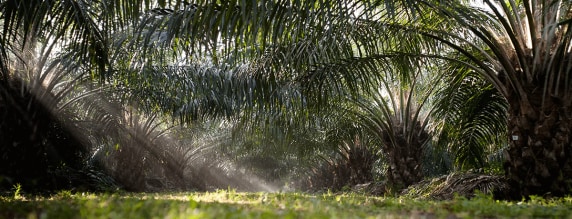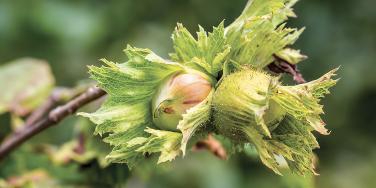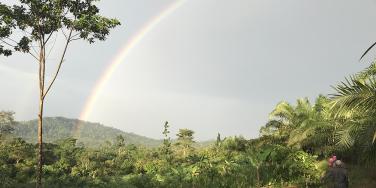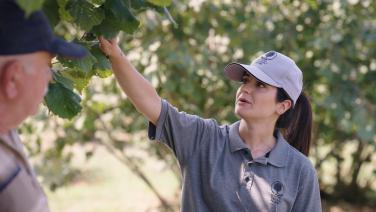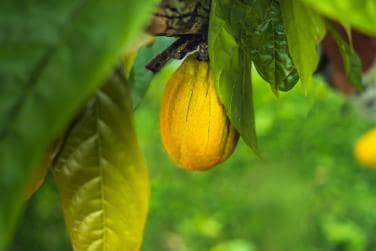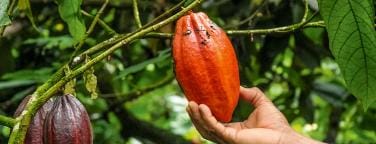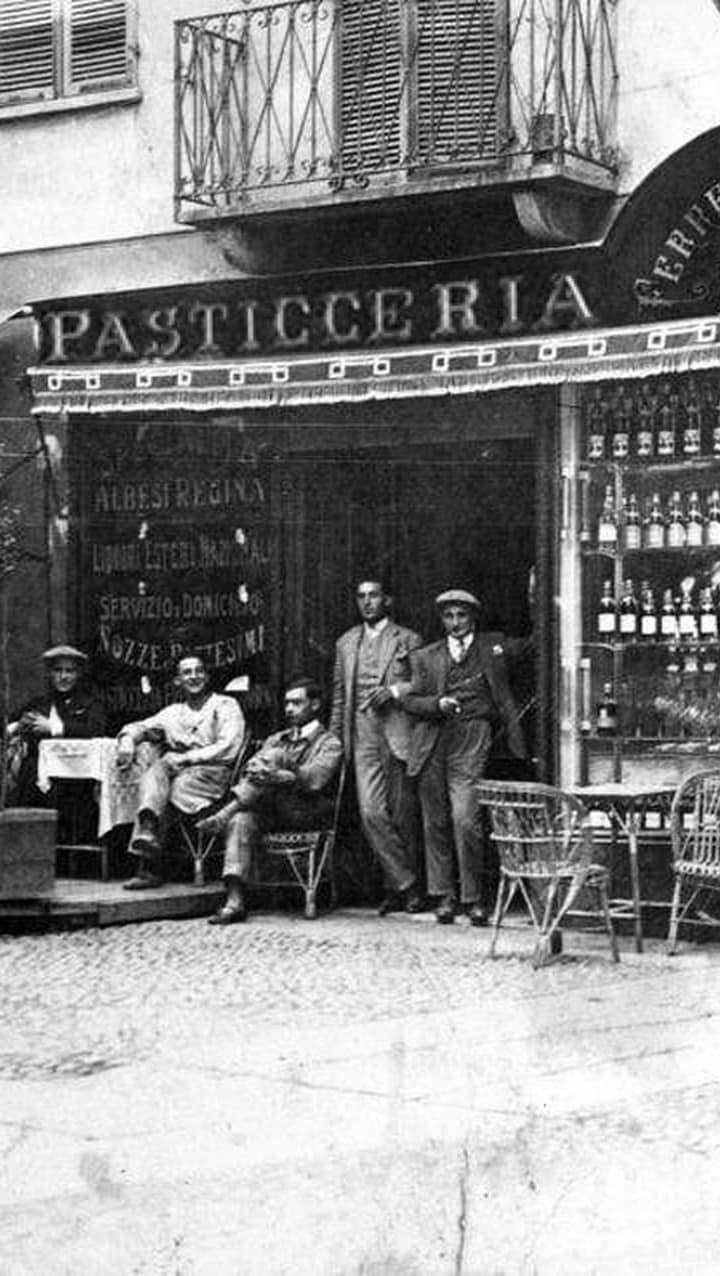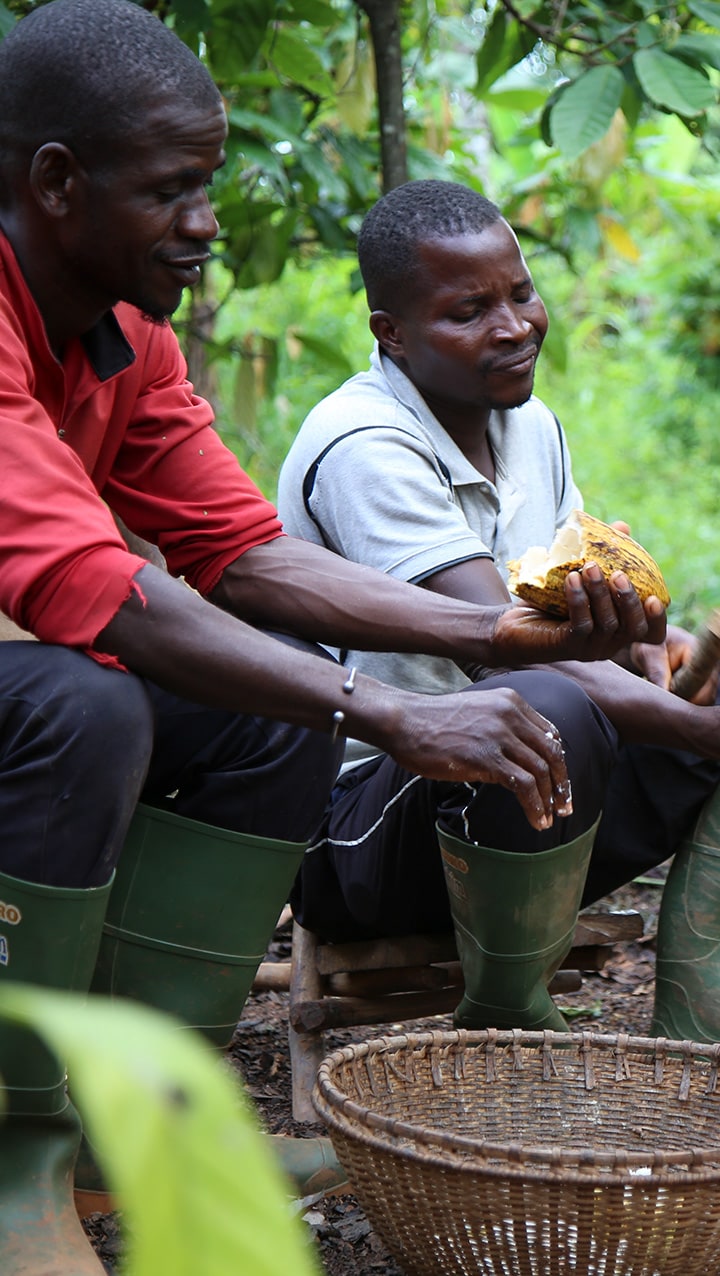FERRERO’S SEVENTH PALM OIL PROGRESS REPORT
Ferrero and EcoVadis announced the renewal of their partnership to assess and improve supply chain sustainability performance over the next three years.
Ferrero recognizes that every stakeholder along the value chain has its respective responsibility – and all must work together towards the common objective of creating sustainable and responsible supply chains. The company is strongly committed to sustainability and is convinced that dedication from suppliers is key to achieving sustainable supply chains.
As part of its responsible sourcing practices, Ferrero decided to implement a simple process to monitor and rate the environmental, social, and ethical performance of suppliers through the EcoVadis Supplier Sustainability Assessment Platform. The methodology covers 21 criteria across four main themes: environment, social, fair business, and sustainable procurement practices. They are based upon internationally recognized standards and are in line with Ferrero’s Code of Business Conduct and Code of Ethics.
The EcoVadis Solution allows Ferrero to better understand and monitor risks in its supply chains, while identifying best supplier practices and improvement potentials. The reliable rating platform also provides suppliers with a detailed analysis of their performance, allowing them to benchmark their position against sectorial practices and to manage their corrective actions effectively.
The key objective of monitoring suppliers’ sustainability performance is to verify excellence in their activities and, where necessary, leverage on the influence of Ferrero’s supply chains to encourage a better performance. Based on a collaborative approach, the company aims at promoting best practices and fostering long-term relationships with suppliers through engagement.
A pilot assessment project covering approximately 60 strategic suppliers was completed in mid-2016. After its success, Ferrero confirms its commitment to adopt the EcoVadis Assessment Model as the tool to assess and improve its suppliers’ sustainability performance.
“All stakeholders along the value chain must work together to achieve sustainable supply chain. One of Ferrero’s approaches to sustainable sourcing practices is strengthening collective engagement with suppliers. Therefore, it is essential to collaborate joint efforts with suppliers to be successful in achieving our commitments. Embedding EcoVadis Supplier Assessment Methodology in our approach helps us to assess and improve environmental, social and ethical performances across the supply chains, while establishing a platform to share best practices,” said Aldo Cristiano, Sustainability Director at Ferrero.
"Ferrero's sustainable procurement initiative is off to a great start with a 67% participation rate from direct commodity suppliers" said Pierre-Francois Thaler, Co-CEO of EcoVadis. "We strive to help Ferrero combine EcoVadis ratings with their proactive collaboration with suppliers to improve performance across all corporate social responsibility topics, and drive positive change in the communities from which they source."
